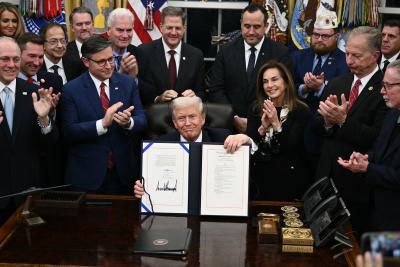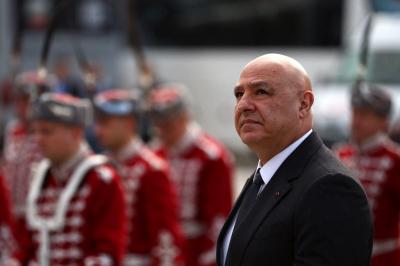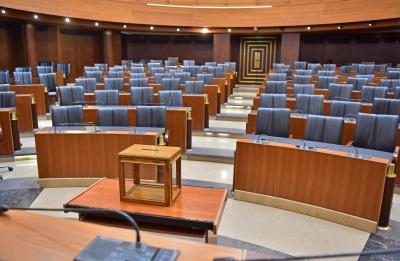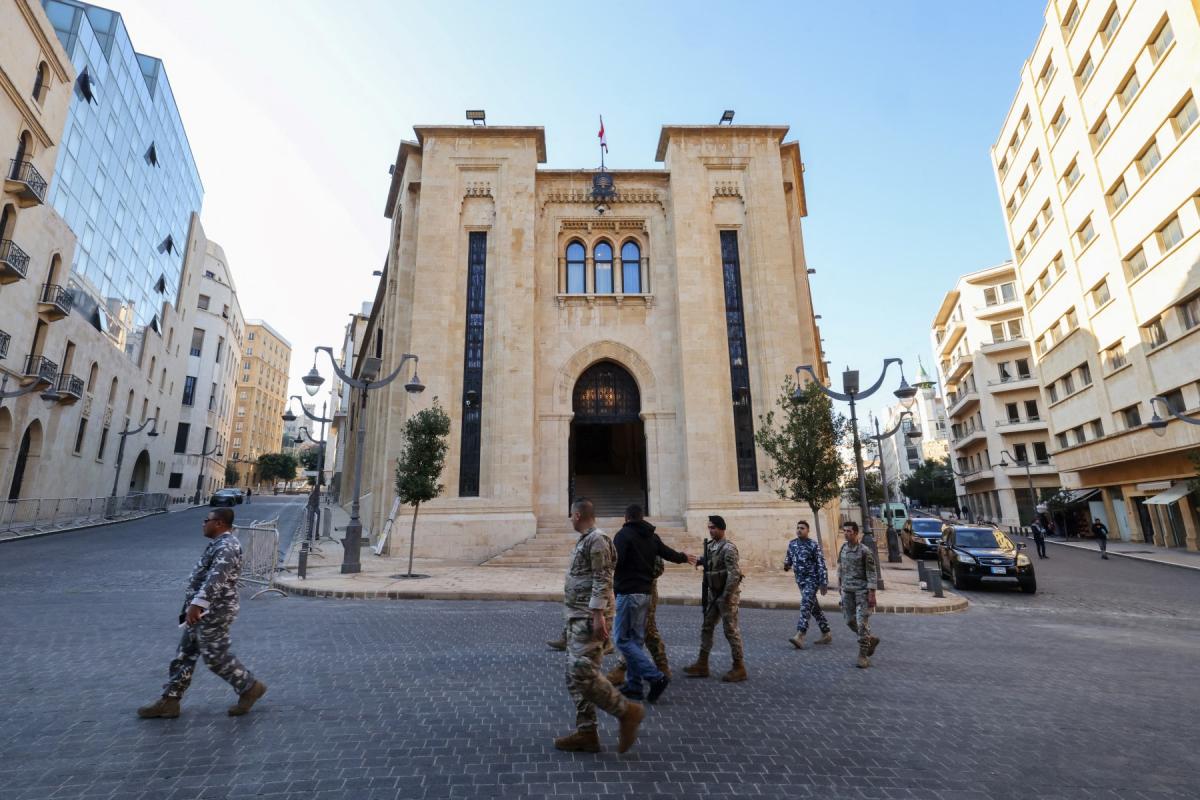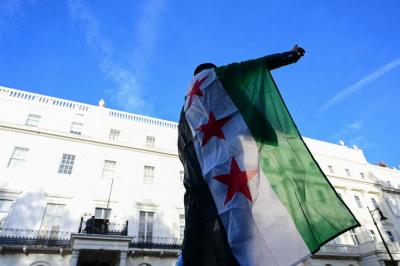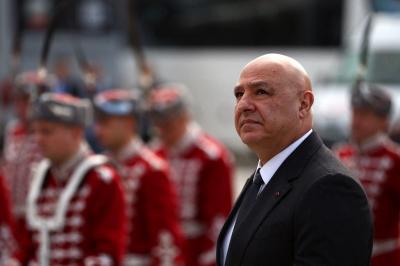The chronic disregard for the constitutional deadlines—or even the constant noise and doubts surrounding them—has long reflected the erosion of the rule of law in fragile states. In Lebanon, this pattern has become routine. Every constitutional deadline—whether elections, appointments, or extensions—gets dragged into the labyrinth of politics and interests, leading to delays, paralysis, or outright obstruction.
The next parliamentary elections are constitutionally scheduled for May 2026. Yet their very timing is already under threat, entangled in disputes over the electoral law, particularly regarding how Lebanese expatriates are allowed to vote.
Law 44 of 2017 stipulates that six parliamentary seats be reserved for non-resident Lebanese—split equally between Christians and Muslims, and distributed across the six continents (Maronite, Orthodox, Catholic, Sunni, Shiite, Druze). Another article foresaw raising the total number of MPs to 134 in the second election under that law, before cutting it back to 128 in the cycle after. But the law has never been fully implemented, nor have the decrees needed to enforce it ever been issued. The result? Confusion, legal ambiguity, and a looming threat to the entire 2026 vote.
The inclusion of expatriates was supposed to strengthen their connection to Lebanon, not reduce them to perpetual ATM machines sending remittances back home. Limiting them to just six MPs makes a mockery of that goal. How can representatives of entire continents, stretched across vast diasporas, meaningfully engage in legislative or committee work? Which sect’s seat will be cut in Lebanon to “make room” for these six abroad?
More fundamentally: why was there such insistence on this controversial clause, while other reforms such as magnetic voting cards or “megacenters”—which would allow citizens to vote outside their home districts—were shelved? Hezbollah, for instance, has complained about “pressures abroad” limiting its candidates’ ability to campaign, even though it performed strongly in expatriate voting in 2018 and 2022. Why then reject the megacenter solution, which would reduce direct domestic pressures on voters?
Speaker of Parliament Nabih Berri’s refusal to place a fast-track amendment on the parliamentary agenda has only deepened suspicions. Is this maneuver aimed at stripping expatriate voting of its weight—or at derailing the elections altogether? Either way, it risks becoming a black mark on President Joseph Aoun’s tenure, making him look like his predecessors who manipulated constitutional deadlines for political gain while exploiting the diaspora financially.
Against this backdrop, the Lebanese Forces (LF) find themselves under a targeted campaign simply for stating the obvious: that the law allows every political party to compete for seats, regardless of sect or region. Critics accused the LF of trying to secure a Shiite seat—an act they denounced as scandalous.
The irony? Those same critics boast about the “diversity” within their blocs—often manufactured diversity. In the past, electoral laws allowed political bosses to appoint token MPs from other sects, turning them into passengers on their political “bus.” Some even lent MPs to allied blocs just to project a veneer of cross-sectarianism.
By contrast, today’s proportional system requires parties to actually earn votes, not simply appoint candidates. LF leader Samir Geagea was clear during a commemoration in northern Bekaa: the party would not give up its Maronite seat in Baalbek–Hermel to artificially install a Sunni or a Shiite MP, though it aims to boost its tallies to potentially win more than one seat. The goal, he insisted, is not sectarian tokenism, but rather to strengthen genuine cross-sectarian support for the party’s political and national platform.
Portraying the LF’s effort to diversify its bloc as a political crime is itself a crime—against openness, against democratic competition, and against the slow shift from sectarian rigidity to political choice. In a system still dominated by sectarianism, this is not just a party battle. It is a test of whether Lebanon’s democracy will remain hostage to sectarian quotas—or evolve into something that gives space to genuine political competition.
Please post your comments on:
[email protected]
 Politics
Politics


